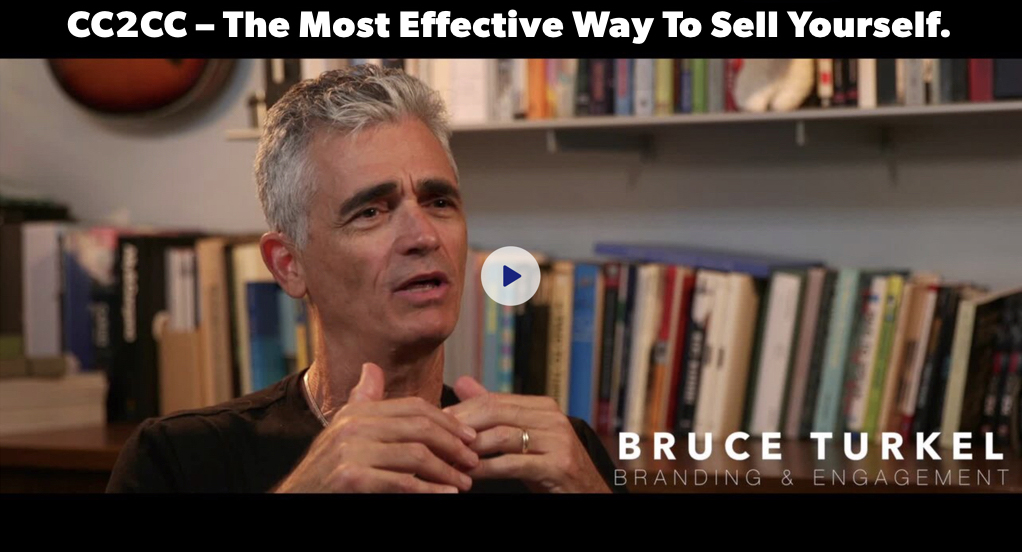Minutes after I walk on stage as a keynote speaker presenting on brand building, I reach into my pocket and pull out a little harmonica. After a quick introduction, I play “Minuet in G” by Johann Sebastian Bach. Once I confirm that everybody recognizes the tune (despite my tortured rendition) I play another tune, this time, “Peachy Tree” by Sonny Boy Williamson.
Besides entertaining my audience while letting them know that while I’m on stage, business as usual isn’t going to be business as usual, my point for choosing these two ditties is simple: While both songwriters were as different as different can be, and both tunes were different as different can be, both composers – and both songs – used the same notes. That’s because every piece of Western music ever written uses the exact same notes. You already know them. Heck, if you remember The Sound of Musicyou can even sing along – do, rey, me, fa, so, la, ti, do.
Every song uses these same notes. What makes different songs different are changes in the order, tempo, rhythm, and combination of these notes.
But to paraphrase Led Zeppelin, the notes remain the same.
After I finish the musical portion of the keynote speech, I usually go on to explain what I think is the most important – and often underused – secrets of brand building. CC2CC.
CC2CC
Simply put, CC2CC stands for “Company-Centric to Customer-Centric.” It means that when you’re building a compelling brand, one of the most powerful things you can do is take the elements of your brand and gift them to your customers.
Tesla does it when you drive their cars and feel good about yourself for reducing your carbon footprint.
The Rolling Stones do it when you feel hip and cool about attending their show regardless of your age.
Patek Phillipe does it when you feel expensive, successful, and generous because you’re going to pass their costly watch on to your heir.
 Building a CC2CC Brand
Building a CC2CC Brand
Building a CC2CC strategy or ritual into your brand can help you move your customers beyond simple comparisons between you and your competitors. Better CC2CC will create the types of brand evangelists Porsche, Apple, and most all religions and political parties have created for themselves.
Building a Keynote Speaker Brand
So how do I benefit from a CC2CC experience as a lone keynote speaker standing on a stage without help of an entourage, marketing budget, or international notoriety?
Near the end of my talk I ask the folks in the audience to reach under their seats and pull out what they find. What they don’t know is that before the keynote speech we had taped harmonicas under all their chairs.
Once I regain control of the room, I teach everyone in the audience how to play a five-note little ditty which turns out to be a song they all know.
You can watch what happens next by clicking on the photo above or clicking HERE.
When they’re finished, every single person in the audience understands exactly what CC2CC means because they’ve lived it. What’s more, when they go home, what’s the first thing they say when people ask them how they enjoyed their conference, convention or event? Do they talk about the specific technical things they learned in the workshops? Do they pull out a stack of business cards and mention each and every contact they made? Do they rave about the hotel, the food, or the destination where the meeting was held?
No.
They pull out their little harmonica and show everyone they know what the keynote speaker (that’s me!) taught them. And when they do it, they internalize a bit of my brand, feeling good about themselves for something they associate with me – playing the harmonica.
CC2CC indeed.


Bold and impressive!👍
You are one of a kind!!!!
Thank you Gayle. That’s what I say about you all the time!!
I have seen you do this and participated (heck, I still have that harmonica somewhere). So, I can assure your readers that your description of the audience impact is SPOT ON.